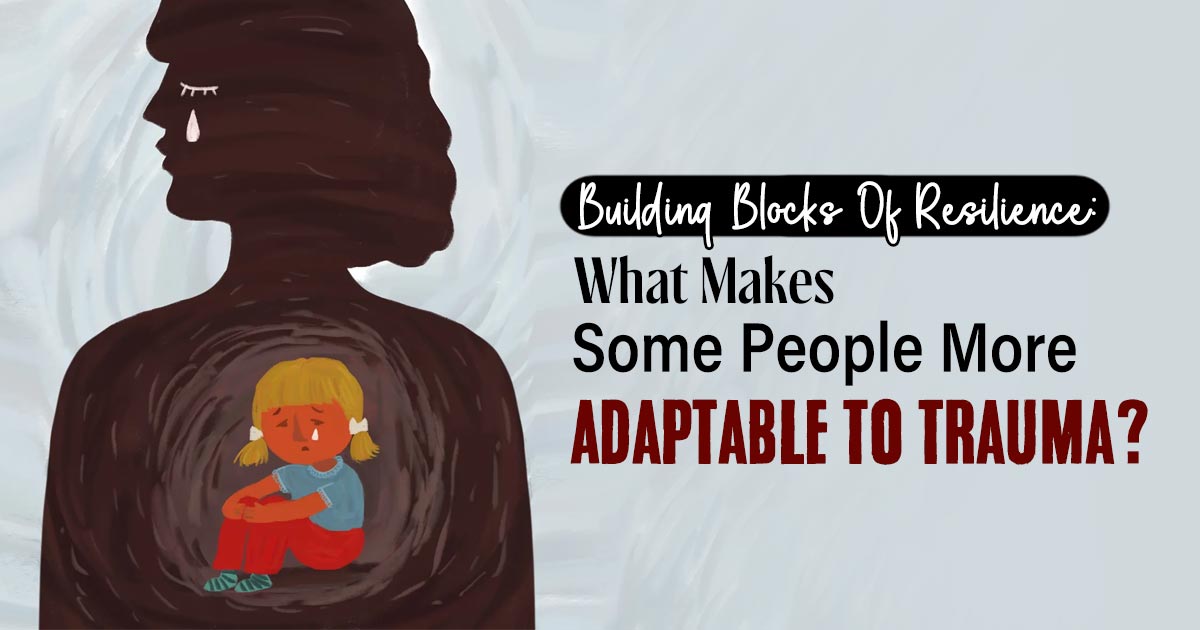Childhood trauma such as abuse, neglect or exposure to violence always leaves a lasting mark on the victim’s mind. Nonetheless, one intriguing query still lingers: why is it that some people are affected by childhood trauma while others respond to it with resilience and adaptability? This essay addresses various factors which contribute to divergent responses to childhood trauma by examining genetic, environmental and individual factors.
The role of genetics at the frontline of the discussion on individual susceptibility to childhood trauma is something that cannot be overlooked. Studies have indicated that certain people are more prone to develop mental health issues due to their genetic composition. Changes in genes associated with stress hormone regulation like cortisol might lead into different responses. Some people may be genetically predisposed towards resilience, meaning that they can cope with and recover better after experiencing traumatic events.
The intricate interplay between genes and the brain’s neurobiology sheds light on differential responses to trauma. Neuroplasticity, or the capacity of one’s brain to reorganize itself, comes into play here. Some individuals may exhibit enhanced neural resilience, thereby adapting and overcoming the impact of trauma whereas others may suffer persistent alterations in brain structure and function making them prone to development of mental health disorders.
Apart from genetics, an environment where a child grows up profoundly determines their reaction towards traumatic events. Supportive and nurturing environments can act as buffers against traumatizing impacts. Conversely, ongoing stressors, lack of social support, or unstable living conditions could worsen the consequences of such experiences. Relationships within a child’s immediate social world–family, peers, community—significantly impact on his/her ability to deal with trauma.
There is a common notion that resilience is the ability to bounce back after hard times; however, it is a dynamic and evolving process. Resilience is not something that is genetically determined but rather can be developed through various ways. Some of these include having a strong support system, role models who are positive as well as access to mental health resources. Also, building coping mechanisms and self-regulation skills helps individuals cope better with the aftermath of childhood trauma.
Individuals’ cognitive processes and coping strategies are critical in shaping their response to trauma. Some may develop normal abilities such as problem solving skills, positive reframing or purposefulness, which make them handle challenges smoothly. Those, however, who lack these coping strategies may find it hard to embrace the traumatic experiences and develop mental health disorders.
This also leads to different outcomes depending on when and what type of traumatic event occurs. Early on exposure to traumatic experiences especially during critical developmental stages may have more profound effects on the child’s psychological well-being. Also, the severity and persistence of abuse, whether physical, emotional or sexual, differ based on the kind of abuse they entail.


